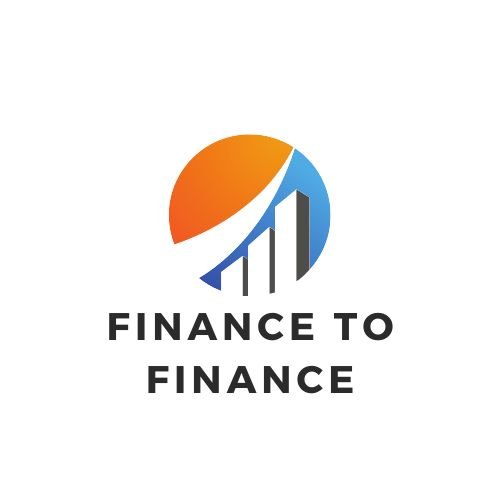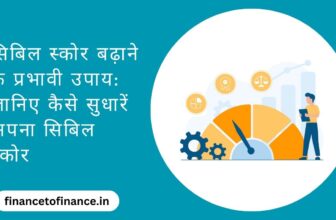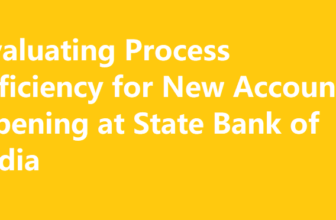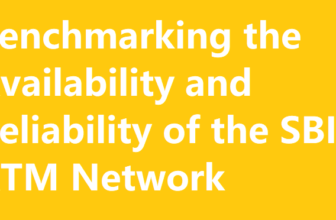
Is It Better to Have A Credit Card or Loan?
In the realm of personal finance, individuals often find themselves at a crossroads when it comes to choosing between a credit card and a loan. Both financial tools serve distinct purposes, offering unique advantages and drawbacks. This article aims to explore the intricacies of this dilemma, shedding light on the factors that one should consider when deciding between a credit card and a loan.

Understanding Credit Cards:
Credit cards are ubiquitous in today’s financial landscape, offering users a convenient and flexible means of making purchases. When used responsibly, credit cards can be powerful tools for managing cash flow, building credit history, and earning rewards. However, the allure of easy spending can lead to a cycle of debt for the undisciplined.
Pros of Credit Cards:
Convenience and Flexibility:
- Credit cards allow you to purchase without carrying cash. They offer flexibility in managing expenses and are widely accepted worldwide.
Building Credit History:
- Responsible use of a credit card can contribute positively to your credit score. Timely payments and maintaining a low credit utilization ratio reflect positively on your credit report.
Rewards and Perks:
- Many credit cards offer rewards programs, cashback incentives, and various perks such as travel benefits or purchase protection. Savvy users can leverage these benefits to their advantage.
Cons of Credit Cards:
High-Interest Rates:
- The major drawback of credit cards is the potential for high-interest rates. Carrying a balance from month to month can result in substantial interest payments.
Debt Trap:
- The ease of credit card spending can lead individuals into a debt trap, especially if they succumb to the temptation of making purchases beyond their means.
Understanding Loans:
Loans, on the other hand, come in various forms such as personal loans, auto loans, and mortgages. Unlike credit cards, loans typically involve a lump sum of money borrowed for a specific purpose, with fixed repayment terms.
Pros of Loans:
Structured Repayment:
Loans come with a structured repayment plan, making it easier for borrowers to budget and plan for future payments. This predictability can be beneficial for those who prefer a clear timeline for debt repayment.
Lower Interest Rates:
Depending on the type of loan and the borrower’s creditworthiness, loans often have lower interest rates compared to credit cards. This is the result of significant cost savings over time.
Specific Purpose:
Loans are designed for specific purposes, such as purchasing a home, car, or covering unexpected expenses. This specificity can help borrowers avoid the pitfalls of impulsive spending.
Cons of Loans:
Stringent Approval Process:
Obtaining a loan can be a more rigorous process compared to acquiring a credit card. Lenders typically scrutinize the borrower’s credit history, income, and other financial factors.
Collateral Requirements:
Some loans, such as mortgages, auto loans, may require collateral. This adds an additional layer of risk for borrowers, as failure to repay could result in the loss of the collateral.
Decision-Making Factors:
Financial Discipline:
Individuals with a high level of financial discipline may find credit cards advantageous, leveraging them for convenience and rewards without succumbing to the temptation of overspending. On the other hand, those who prefer a structured repayment plan may gravitate towards loans.
Credit Score:
Your credit score plays a crucial role in determining the terms of both credit cards and loans. Those with excellent credit may qualify for lower interest rates on loans and premium credit card rewards programs.
Purpose of Borrowing:
The purpose for which you need financial assistance can guide your decision. If you have a specific expense, such as buying a home or car, a loan designed for that purpose may be more suitable. For everyday expenses and flexibility, a credit card might be the better choice.
Interest Rates:
If you plan to carry a balance, the interest rates associated with credit cards can be a significant factor. Comparing the interest rates of loans and credit cards will help you determine which option is more cost-effective for your financial situation.
Conclusion:
In the perpetual debate of credit cards versus loans, there is no one-size-fits-all answer. The better option depends on individual financial habits, needs, and the ability to manage credit responsibly. Both credit cards and loans can be valuable tools when used judiciously, contributing to financial well-being and achieving personal and economic goals. It is essential for individuals to weigh the pros and cons, consider their financial discipline, and assess their specific needs before deciding which financial instrument aligns with their unique circumstances.






